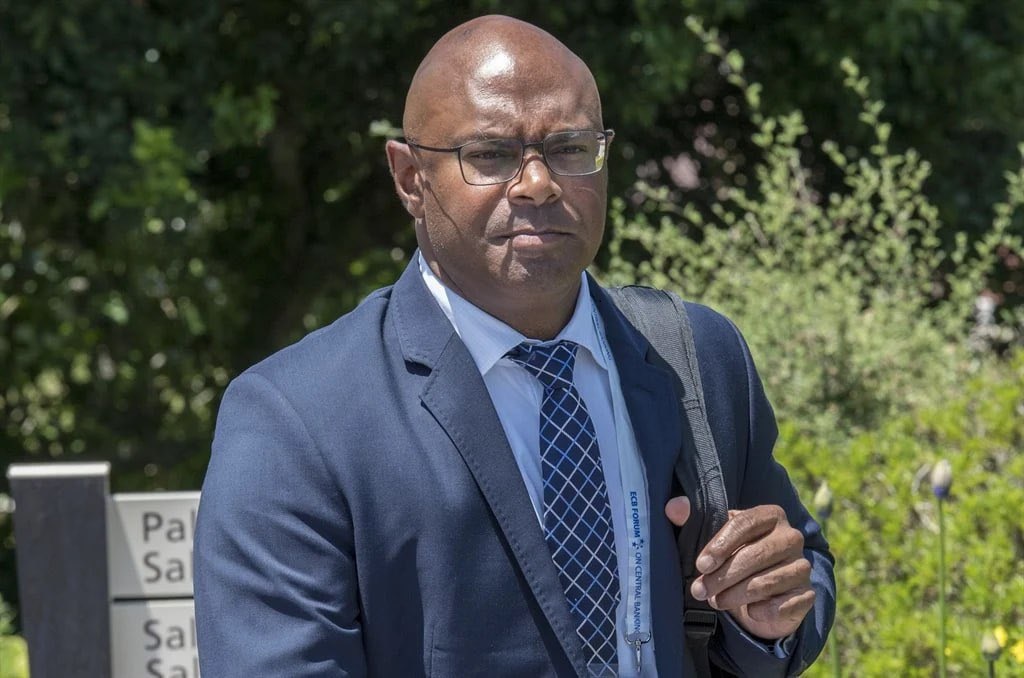Johnathan Paoli
The South African Reserve Bank deputy Governor Kuben Naidoo has tendered his resignation from the bank to President Cyril Ramaphosa.
Naidoo is one of three deputy governors of the SARB and a member of the crucial five-member Monetary Policy Committee (MPC) since 2015 and was serving his second five-year contract due to end in March 2025.
He oversaw the Financial Stability and Currency Cluster, which incorporates the SARB’s Economic Statistics Department, the National Payment System Department, the Fintech Unit, the Financial Stability Department and the Risk Management and Compliance Department.
The MPC has been split 3-2 over the past two recent meetings about the interest rates trajectory, with three members of the Committee preferring to keep rates on hold at 8.25% per annum and two preferring an increase of 25 basis points.
Naidoo’s last day has not been finalised and discussions between Ramaphosa, SARB governor Lesetja Kganyago and Finance Minister Enoch Godongwana are still in process.
Ramaphosa’s spokesperson Vincent Magwenya confirmed that the president had received Naidoo’s resignation on Monday.
“The South African Reserve Bank deputy governor Kuben Naidoo has expressed a desire to resign and the matter is still under consideration,” Magwenya said.
The MPC is expected to meet late next month, in order to make a decision on the raising of interest rates, with the committee unanimously agreeing in May this year to an increase of 50 basis points to the current 8.25%.
Speculation has arisen with some claiming that Naidoo’s resignation was due to political interference, with Efficient Group chief economist Dawie Roodt claiming undue pressure from the presidency being the main cause.
Roodt said the SARB’s MPC would have increased interest rates again in November, but Ramaphosa might be putting pressure on the MPC not to increase rates again and squeeze the poor ahead of the election.
The rise of the interest rates could potentially have consequences on voter confidence ahead of next year’s elections.
INSIDE POLITICS



